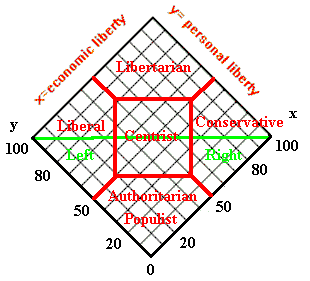In a recent review of a book published in The Economist, I noted something that I had suspected all along. In Grown Up Digital: How the Net Generation is Changing Your World, author Don Tapscott argues that not only are the children now growing up in a world of networked computers more intelligent and well-informed than any previous generation, they are also more tolerant of diversity and more concerned with social justice.
This is an argument that makes a lot of sense to me. After all, it doesn’t matter what skin colour you are when you’re interacting with each other on all sorts of forums, using instant messaging software, in multiplayer games, on social networking sites and even using old-fashioned e-mail. What does matter are the quality and content of your posts, messages and other forms of communications and it is by those standards that participants are judged by the communities they choose to be a part of. What could be fairer than that?
In a previous post, I addressed some concerns about racial segregation in Malaysia. I argued that the existence of vernacular schools had little impact on whether or not Malaysians of different races would cooperate and coexist peacefully in society and that the divisions between the races are the result of government policies, and not prejudices learned as children. I reiterate that stand here. The largest Malaysian forum on the internet, LYN, is full of Malaysians of all races, of all religions and many different types of schools. Yet, none of that matters on the net.
Folks are segregated on that forum, but they are segregated not by race but by the choices they make: what hobbies they take up, what shows they like, what games they play, how outgoing they choose to be and so on. It’s hard to argue there isn’t a great deal of tension between the different races in Malaysia now, but again, I say that this is due to politicians playing up the issue and instituting policies that are expressly designed to create divisions. Here’s to the hope that the net generation will prove wiser and more resistant to such divide and conquer tactics.


